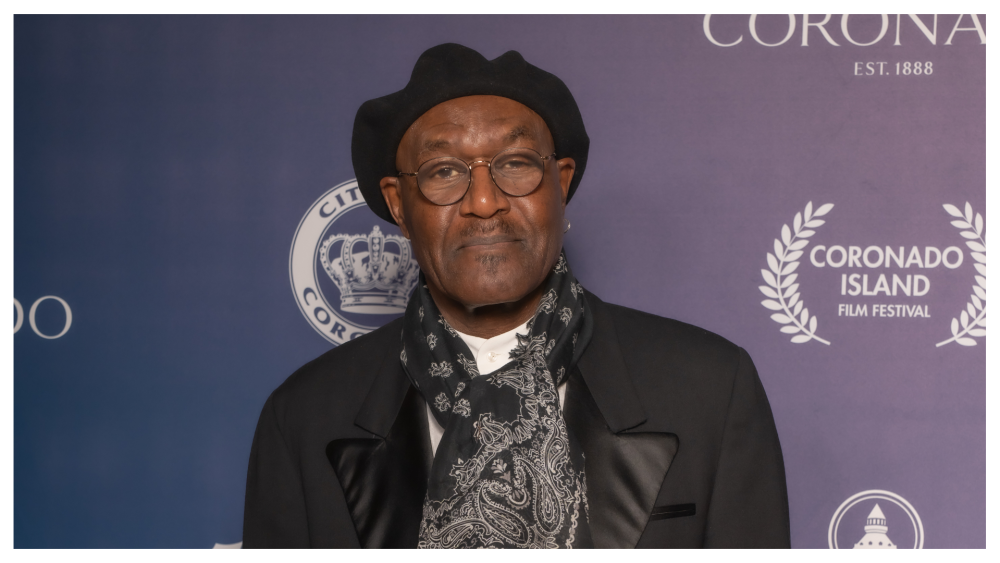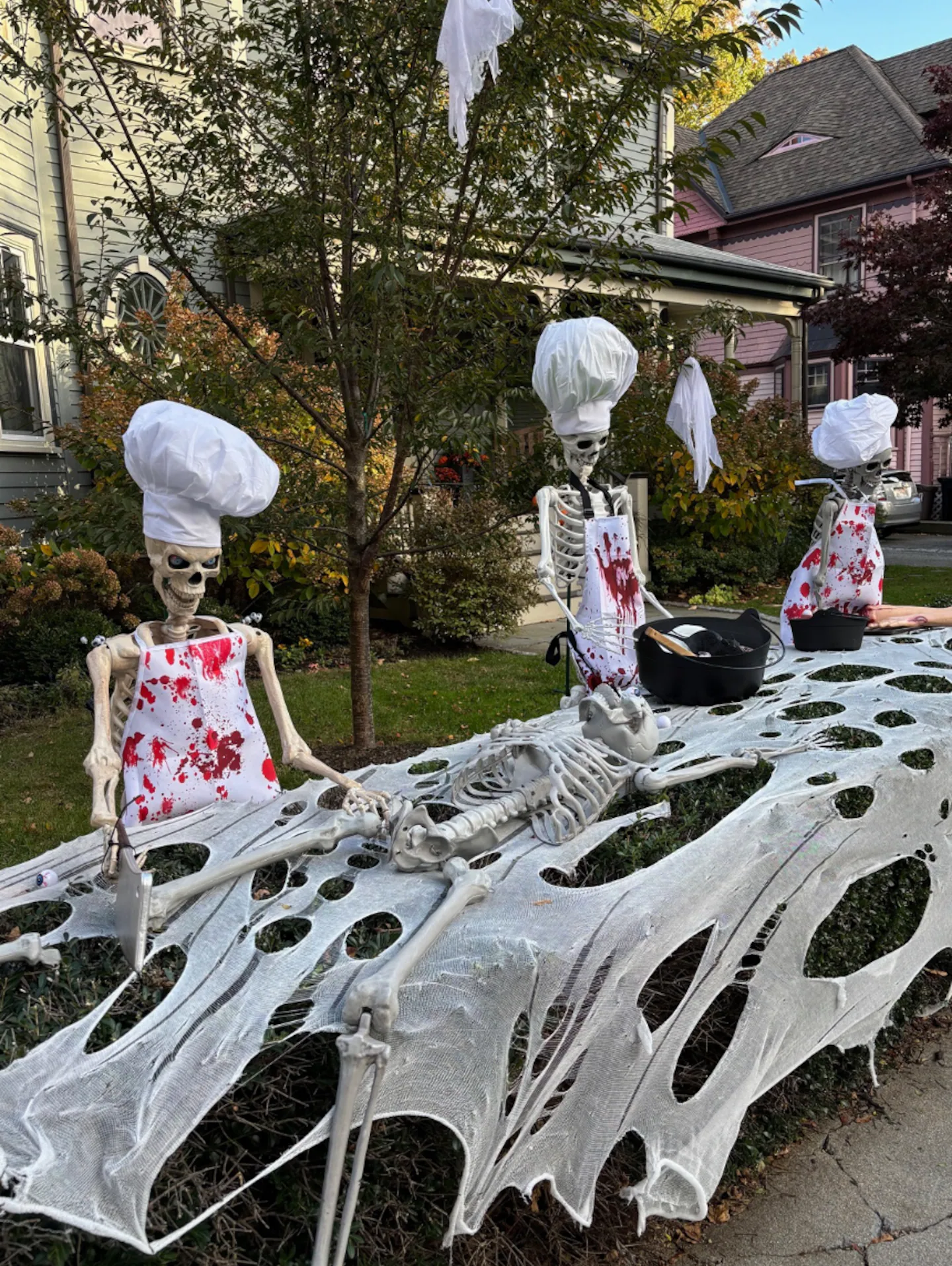Copyright Variety

The Coronado Island Film Festival celebrated 10 years of bringing the best of cinema to the San Diego region Nov. 5-9. Besides the films, festivalgoers attended panels with industry professionals and a special presentation of doc “Tug of War,” featuring Beatles expert Tom Frangione’s intimate talk with Paul McCartney. The Nov. 5 opening night gala honored actor Beau Bridges, stunt professional Heidi Moneymaker; costume designer Deborah L. Scott; music editor Adam Smalley; and actor Delroy Lindo. Lindo talked with Variety before the festivities about Jamaican hurricane disaster relief, his directorial debut and his role as Delta Slim in blockbuster “Sinners.” Jamaican relief is a cause close to his heart: he was born in England to Jamaican parents, so he feels a strong connection to the island. “People need to be aware that at the best of times, the infrastructure in Jamaica needs a lot to be desired. So for an island like Jamaica to suffer this kind of a tragedy is even more devastating,” Lindo says. “And what I would ask is that however people are responding to the tragedy of Hurricane Melissa, that they would do whatever they can to help find out which organizations can help. I’m personally aware of an organization called Breds. They are based in Treasure Beach, but there are other organizations, and I would just ask, please, please, please donate whatever you can because obviously the need is huge. Had Melissa not happened, there would be significant need in Jamaica. That’s the nature of the economics of Jamaica. This tragedy has just exacerbated everything, so please give what you can.” One way Lindo is giving back to the island is by planning to film his directorial debut, “Jabari’s People,” there. “I do have family there, and I am intending on actually shooting a film there that I’m going to direct and co-produce and act in. As a person of Jamaican extraction, I’m always looking for ways in which I can contribute meaningfully to the island. And for me, making my film in Jamaica is a way of contributing and putting people to work. And so Jamaica is never far from my thoughts and how I can help and contribute.” Lindo has directed for the theater, but his journey to the screen has taken a bit longer. “I knew that when I started directing for film, I wanted to make sure that the narratives resonated for me,” he says. “This story did. And there’s one other piece of property that I have the rights to. So what took me so long was just finding the material.” “Jabari’s People” follows a young man who has lost his mother, who was a doctor, and as a teen, he gets kicked out of elite schools. His physician father sends him to his maternal grandparents in Jamaica, and is “embraced by this particular community in the Blue Mountains of Jamaica. As he starts to heal, he’s then able to start the healing process with his dad. That is the kind of CliffsNotes version of the story. There are magical realism aspects to the story. Anybody who has visited Jamaica and has been in the Blue Mountains of Jamaica, it’s a very magical place,” Lindo says. He’s trying to lock down financing, which is always tricky. “Challenging, extremely challenging, however, it is moving forward,” he says. Lindo’s Delta Slim in Ryan Coogler’s “Sinners” truly showed his range. The film, he says, “is a mosaic of elements.” Audiences are going back “three and four times to see the film. And each time they’re picking up, they’re finding different things in the story to respond to and that are resonating. And that comes down to Ryan’s genius. .. I recognized that Ryan was using this genre to tell a much larger, poignant, complex story. And that’s why I’m referring to it as a mosaic of sorts.” Lindo says of Delta Slim: “I approach the work attempting to find out who this human being is. Because of Delta Slim’s history, because of his virtuosity, and because he has lived — because I have lived the years that I have lived, I have a history. All of those things connect to the larger story that Ryan wants to tell in terms of where and how the blues music is situated inside of American culture.” Although busy with his own projects, he names “On Becoming a Guinea Fowl,” from director/writer Rungano Nyoni, as a recent favorite. “I’m inspired. I’m inspired because I look at a film like that, and I say, that cannot have been easy for her to get that film made. And so the challenges that I face getting my film made, it inspires me to keep moving, to keep moving forward, to keep striving. Because … there are so many stories that do not get told. And I was speaking with some film cinema students and I was saying that despite the fact that the landscape of cinema — and let’s for a second just talk about American cinema, the landscape of American cinema, I’m not going to say it’s narrow, but this is what I will say — there are so many other stories that could be added that could be contributing and be part of the landscape of American cinema. And one has to — and this is part of my appreciation for ‘On Becoming a Guinea Fowl,’ and it sounds very clichéd — but one has to have believe. One cannot lose sight of one’s own belief, more so in the face of the rejection that invariably one will face.”



